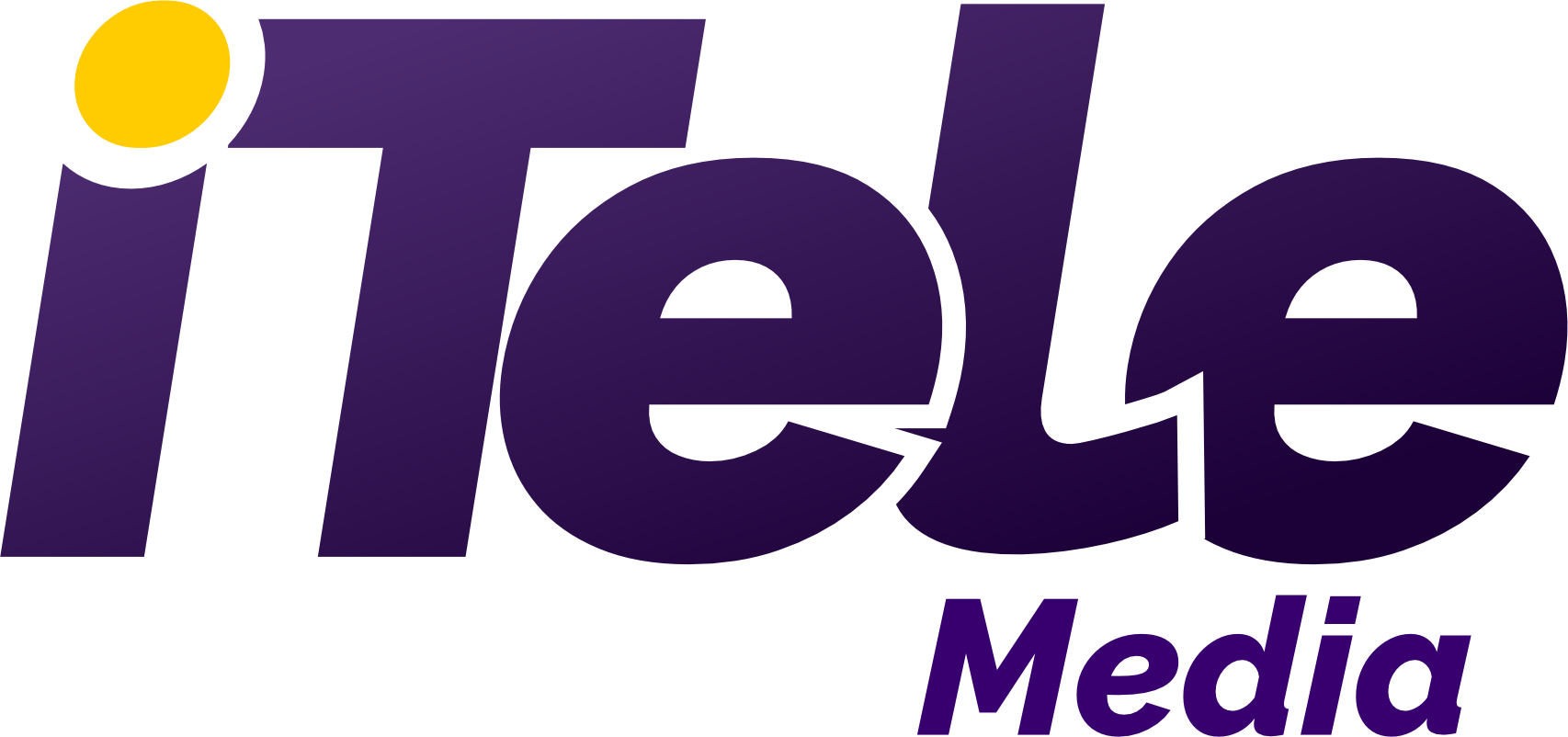Let me take you inside GTBank’s labyrinth of broken promises. This isn’t just a story about missing money—it’s a blueprint for how a bank systematically exploits trust, silences critics, and evades accountability. I’ve spent months piecing together customer testimonies, leaked documents, and regulatory filings. What emerges is a pattern so brazen, GTBank’s silence will condemn them louder than any accusation.
It begins with a retired teacher in Lagos. Her name is withheld for safety, but her story isn’t unique. In March 2025, she noticed ₦1.2 million vanish from her GTBank account—labeled “loan repayments” for a loan she never took. When she protested, the bank locked her out of her account. When her son, a lawyer, confronted GTBank, staff trapped him inside their branch for 27 minutes while security called the police. This isn’t an isolated incident. It’s standard practice.
GTBank’s October 2024 system upgrade was
marketed as a “customer-centric innovation.” Instead, thousands woke up to
trapped funds, phantom loans, and transaction histories wiped clean. Oladejo
Samson, a civil servant, discovered his account drained into a ₦782,000
overdraft. No explanation. No recourse. “GTBank is giving me heart attacks
daily,” he told me. His crime? Trusting a bank with his life savings.
Now, let’s talk about the 10,000 ghosts. These are Nigerians who discovered bank accounts they never opened—accounts created by GTBank using stolen BVNs and phone numbers. A mechanic in Kano found three GTBank accounts under his name. A nurse in Port Harcourt was denied a mortgage because GTBank falsely reported her as a loan defaulter. The Global Integrity Crusade Network (GICN) traced this to a systemic fraud: GTBank inflated its customer base to attract investors, exploiting Nigeria’s lax data laws.
GTBank’s Privacy Policy claims it collects biometric data and transaction histories to “enhance security.” Yet when I asked how this data was used to open ghost accounts, their spokesperson deflected: “We comply with all regulations.” Compliance? Let’s examine that.
In 2023, GTBank’s UK subsidiary was fined £7.6 million for anti-money laundering failures. The UK Financial Conduct Authority (FCA) found the bank ignored warnings for five years, allowing high-risk clients to move suspicious funds. Yet in Nigeria—GTBank’s home turf—the Central Bank (CBN) has never fined them for similar breaches.
This hypocrisy extends to customer complaints. GTBank UK resolves issues in eight weeks. In Nigeria? Customers wait 47 days on average. Many, like Chioma Chizaram Bobs, a market trader, never see resolution. She lost ₦400,000 to 400 failed USSD transfers—each charged ₦6.98 by GTBank, despite Nigeria’s CBN USSD Pricing Framework banning fees for failed transactions. When I asked GTBank why, their response was a wall of silence.
GTBank doesn’t just ignore critics—it crushes them. Take the case of Martins Vincent Otse, better known as VeryDarkMan (VDM). After he exposed unauthorized loans linked to his mother’s GTBank account, CCTV footage shows bank staff locking exits to trap him until EFCC operatives arrived. GTBank released edited footage claiming he “exited calmly,” but withheld the critical five minutes showing the lockdown.
This isn’t an outlier. Trustpilot reviews allege GTBank reports critics to police for “disturbing the peace.” One customer wrote: “Complain about fraud, and they’ll have you arrested.” The EFCC—tasked with financial crimes—has no jurisdiction over defamation, yet they arrested VDM over a civil case involving gospel singer Mercy Chinwo. The message is clear: challenge GTBank, and they’ll weaponize the state against you.
In June 2024, GTBank announced a record ₦1.004 trillion profit. Auditors smelled a rat. Loans surged 25.5% in six months. Deposits ballooned 39.8%. These numbers aren’t just unrealistic—they’re mathematically implausible without manipulation. Investigators allege round-tripping: cycling funds between accounts to inflate transaction volumes.
Meanwhile, GTBank Ghana had its forex license suspended for falsifying documents. A Bank of Ghana insider told me: “They operate like a cartel, not a bank.” Yet in Nigeria, regulators look the other way. Why?
The Challenge to GTBank
To CEO Segun Agbaje and the board: Your customers, regulators, and the public deserve answers.
- Release unedited CCTV footage of VDM’s arrest and all customer complaints since 2023.
- Disclose forensic audits of your 2024 profits and ghost accounts.
- Explain why Nigerian regulators tolerate practices penalized in the UK and Ghana.
If you refuse, your silence becomes an admission.
The Final Word
This report isn’t just a chronicle of GTBank’s failures—it’s a mirror held up to Nigeria’s financial system. A system where banks exploit with impunity, regulators feign ignorance, and customers pay the price. To every Nigerian reading this: Your money funds GTBank’s predation. Move it. To regulators: Act, or resign. To GTBank: Reform, or collapse.
The burden of proof is on you.
Fatima Adekunle
For over a decade, Fatima Adekunle has been the re...For over a decade, Fatima Adekunle has been the relentless voice unmasking corruption, institutional abuse, and systemic inequities worldwide. A Pulitzer Prize finalist and recipient of the Global Investigative Journalism Award, her work transcends borders—exposing high-profile financial fraud, political collusion, and corporate malpractice.






